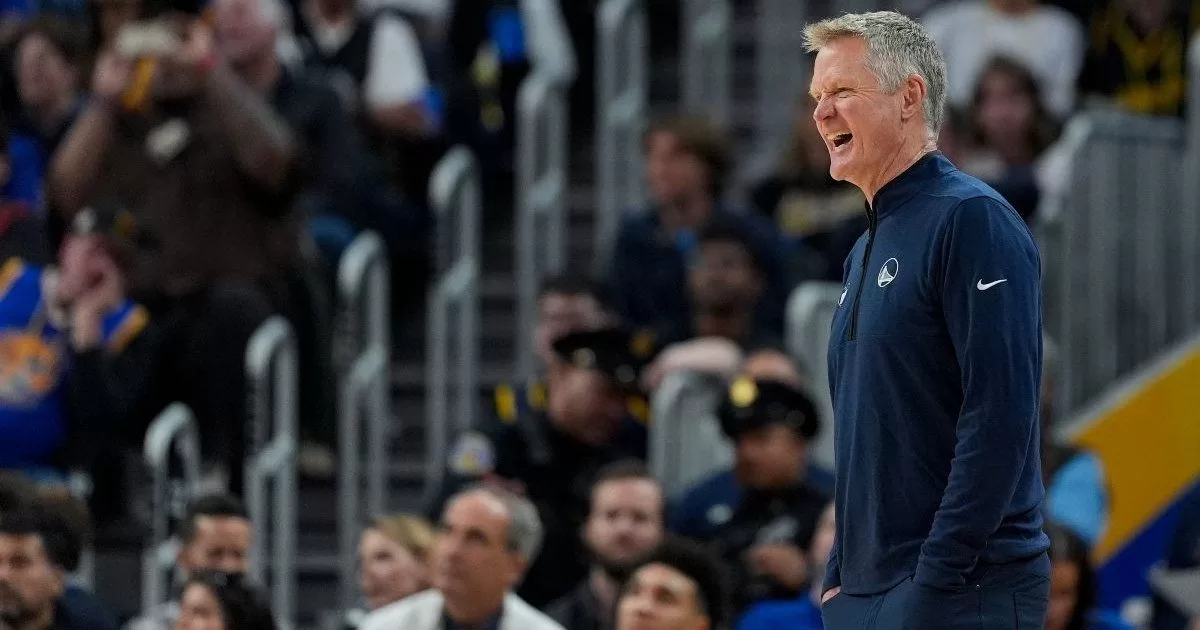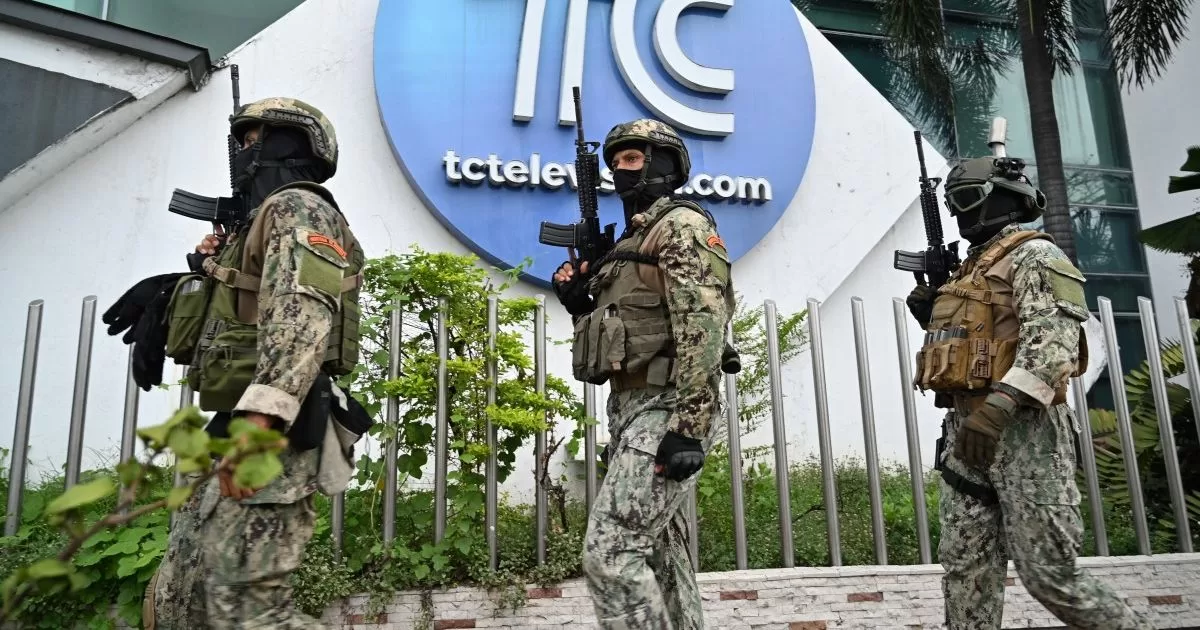Chancellor Olaf Scholz flies to Bucharest on Monday (April 3). So far, Romania has not been at the top of Berlin’s foreign policy agenda – now it could become a key partner.
Former German Chancellor Angela Merkel took five years of her mandate to pay a bilateral visit to Bucharest in 2010. However, as German head of government, she had already been to the Romanian capital in 2008, to the NATO summit that blocked Ukraine’s and Georgia’s rapid rapprochement with the North Atlantic Alliance. Merkel was one of the Western leaders who thought it wiser at the time not to irritate Moscow with NATO’s eastward expansion. The costs of this boycott are being felt across Europe today.
Before Angela Merkel, Gerhard Schröder was in Bucharest in 1999, in the first year of his term as Federal Chancellor. At that time, in a speech in the Romanian parliament, he justified the NATO deployment in the Kosovo war. Schröder was the first Chancellor to visit Romania in 21 years. In 1978, Helmut Schmidt paid a two-day visit to the national-Stalinist dictator Nicolae Ceausescu.
In a way, Olaf Scholz’s agenda in 2023 is influenced by Angela Merkel’s decision in Bucharest in 2008: the Berlin head of government is visiting Romania in the context of Russia’s aggression against Ukraine, a neighboring country of Romania with a 650-kilometer shared border. The war of aggression that Russian President Vladimir Putin has unleashed on the eastern flank of the EU and NATO is changing both the priorities and the architecture of European and transatlantic relations.
Europe in the wake of centrifugal aspirations
On the one hand, the EU needs comprehensive reforms in order not to disappear into an insignificance that could be fatal both for the community and for each individual member state. On the other hand, the EU, worn down by particular interests, is experiencing regional transformations that could harm the whole. One such approach is the so-called Bucharest 9 format, in which the former Eastern European satellite states of Moscow, tired of the geopolitical short-sightedness of the old Western European democracies, try to plead with one voice for EU solidarity and for securing NATO’s eastern flank.
In addition, the Polish Prime Minister Mateusz Morawiecki proposed during his visit to Bucharest a week ago (on 28.03.23) “essential strategic plans in the Ukraine, Romania and Poland triangle as soon as possible – after the victory of Ukraine and the achievement of peace with a view to creating a new economic community of over 100 million people”.
These signs of centrifugal tendencies are to be discussed during the Scholz visit – a few weeks before another visit by German Federal President Frank-Walter Steinmeier to Bucharest. But to overcome the many differences, what is needed above all is trust, common security and economic stability.
Profitable for German companies
Romania has proven to be a stable location for German companies in recent years: over 20,000 companies are based here, including a number of economic giants, but mostly small and medium-sized businesses. Germany is Romania’s most important trading partner and the largest foreign direct investor.
German companies have created over 300,000 jobs. This is one of the reasons why unemployment in cities such as Timișoara (Temeswar), Sibiu (Hermannstadt) or Arad tends towards zero. The dual training system introduced by Romania based on the German model ensures more and more well-trained workers. In addition, central and western Romania have a good infrastructure that allows a direct connection to western Europe.
However, the free movement of goods and people continues to be hampered by the years of delay and the long overdue admission of Romania to the Schengen area, which has been repeatedly criticized by both German industry and the federal government.
Investments in armaments and energy security
Even if the motor vehicle sector and dozens of supplier companies have been at the forefront of German investments in Romania up to now, military and energy security is playing an increasingly important role in the shadow of the war in Ukraine. The federal government in Berlin is considering a significant increase in spending on support for Ukraine. Partners like Romania could become more attractive in this process. There have already been several talks between the German military industry and Bucharest decision-makers from the defense and economic departments. In early 2023 it became known that a German ammunition factory wanted to modernize a production facility in Romania to produce ammunition for Ukraine.
Europe’s energy independence is also an essential dimension of common security. Many EU partners expect Romania to push ahead with natural gas production in the Black Sea much faster. Ecological alternatives – wind farms and solar systems – are increasingly becoming the focus of German companies.
Maia Sandu with us
The Republic of Moldova is hoping for more economic and financial support from the EU – and thus from Germany and Romania. Putin’s war against Ukraine has plunged the small country on the eastern flank of the EU and NATO into a deep crisis. It is repeatedly said in the Moldovan capital Chisinau that the heroic resistance of the Ukrainian army against the Russian aggressor alone saved Moldova from falling victim to Putin’s imperialism.
In the meantime, people in Europe and the USA have recognized how vulnerable the Republic of Moldova is. Above all, the courageous actions of the pro-European President Maia Sandu convinced the partners in the EU and NATO to do more to help the country. Sandu wants to campaign for this again on Monday in Bucharest at a trilateral meeting with Romanian President Klaus Iohannis and Federal Chancellor Olaf Scholz.
Like Romania, Germany directly helped Moldova weather last winter’s energy crisis. In addition, Romania, Germany and France initiated an international donor conference last year, at which the country was promised a total of 1.3 billion euros. But only a fraction of that arrived in Chisinau. However, the economically troubled country urgently needs financial support. Otherwise, corrupt and pro-Kremlin politicians could succeed in overturning pro-European sentiment in the country by the time of the 2025 elections. Romania is also facing a similar problem: 2024 is a super election year there; anti-Western and pro-Russian nationalists are already on the rise. In Bucharest, the visit of the German Federal Chancellor is taken as a sign that Germany has recognized Romania’s role as a key partner in Europe’s new security architecture.
Adapted from the Romanian by Robert Schwartz
Author: Cristian Stefanescu


